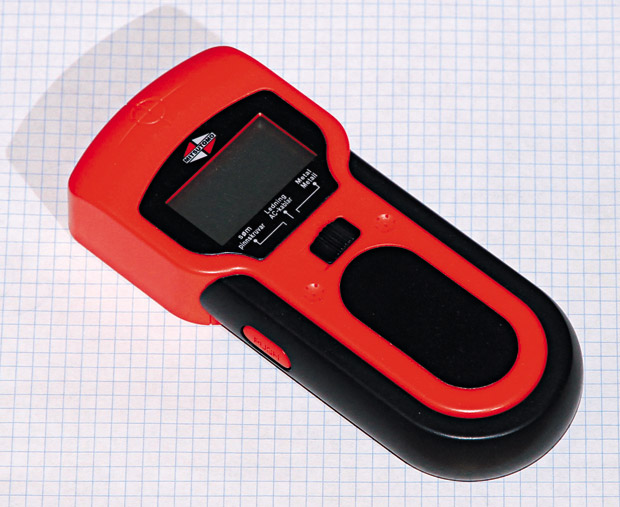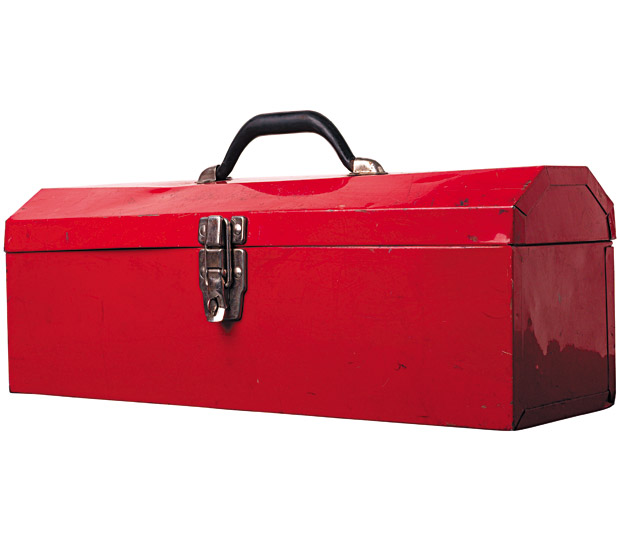Before my family and I moved into our new home in May, our tool-box was scarce. It had the basics, like a hammer, screwdrivers and a wrench, but when we wanted to get some real work done, we always had to borrow from friends or rent from the hardware store. Now, while we still have a ways to go, we are beginning to fi ll our new toolbox with some next-level essentials. Among them: a stud fi nder.
A stud finder is still what some would consider a basic tool, but it is one that my husband and I did not own previously. As the name suggests, a stud finder helps users to locate framing studs behind the wall surface so that they can hang heavy items on a wall. Think mirrors, shelves and large photos. Drywall alone will not do the job because it simply cannot support the weight.
When it comes to purchasing a stud finder, you will have to decide among three options: magnetic, metal-detecting and electronic.
Magnetic
These are typically older models of stud finders. As the name suggests, a magnetic stud finder will look for magnetic objects. This means that rather than detecting a stud, per se, it will look for nails or screws that are in the studs. Although these stud finders are a bit dated, you might consider one if you want to save some money or if you want to use a finder without the need for power.
Metal-detecting
Many stud finders will only detect wood studs, and magnetic stud finders will only detect magnetic types of metals. A metal-detecting stud finder, on the other hand, will detect metals whether or not they are magnetic. They also are much more sensitive than the magnetic versions. Get this type if you have a quick job and do not want to spend a lot of money.
Electronic
There are several versions within this category, but they all share one commonality: They are typically easier to use and more precise than magnetic or metal-detecting versions. Some electronic stud finders are so precise that they can detect not only a change in density in the wall, but also what type of material is behind it. This can be great, for example, if you want to know whether what is behind your wall is wood, metal (either magnetic or not), live electric wires or PVC pipe. Not surprisingly, stud finders of this caliber can be pricey. Invest if you think you will use it enough to make it worth your money.
Have a comment or question for Joanne? Email thefi xisinhawaii@gmail.com.



